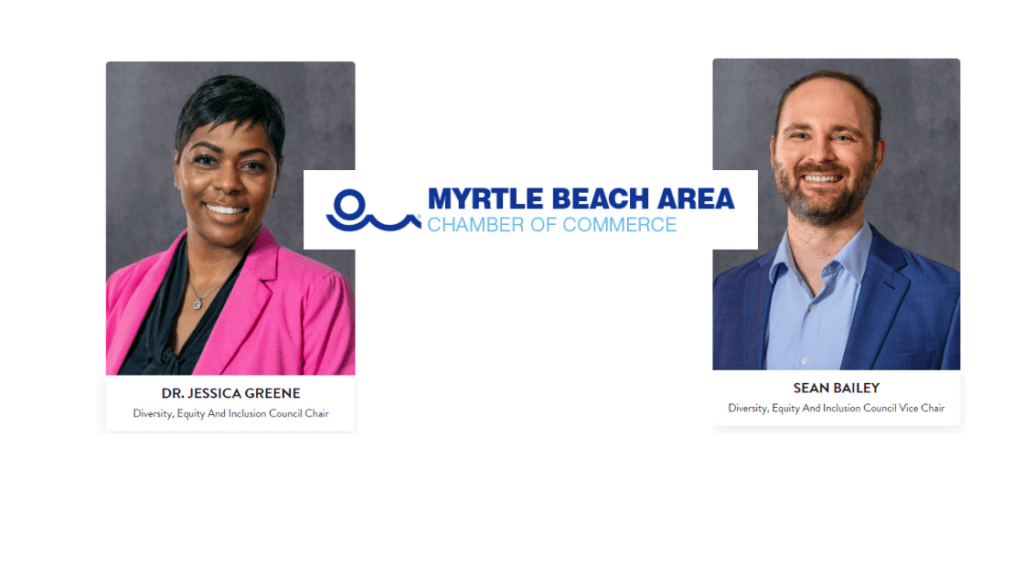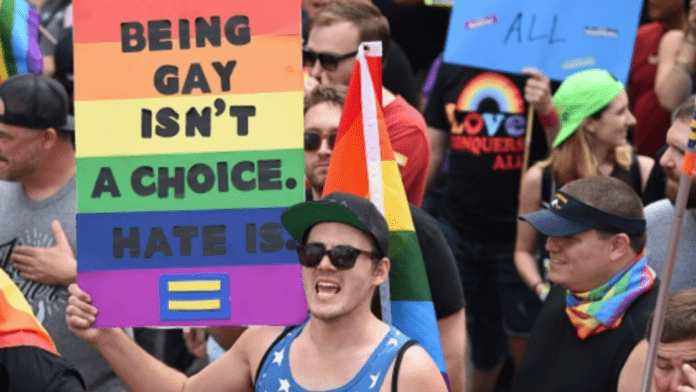The Myrtle Beach City Council gave first-reading approval Tuesday, March 26th to an ordinance that establishes “Hate Intimidation” as a misdemeanor crime.
New Code Section 14-200 is intended to charge residents and visitors for crimes motivated by bias or hate toward anyone because of their actual or perceived race, color, creed, religion, ancestry, gender, gender identity, sexual orientation, national origin or physical or mental disability.
“Hate intimidation” could be charged as a crime only if another crime under city or state law is charged. Violations would be misdemeanors, subject to a fine of up to $500 and/or 30 days in jail. The sentence upon conviction would be consecutive to any sentence for the underlying criminal offense. The court also could order restitution for damages sustained by the victim, including compensation for medical bills and property damage. A second reading of the “Hate Intimidation” ordinance is required before it can take effect which is scheduled for a vote at the April 9 City Council meeting.
WHY THE LAW CAN HURT MYRTLE BEACH TOURISM
Neither the Cities of North Myrtle Beach, Surfside Beach, and Pawleys Island are considering such a law. The City of Myrtle Beach competes with these cities for tourists.
The City of Charlotte, N.C. is the top feeder city for Myrtle Beach tourists. Rural southern residents are not fond of LBGTQ hate crime laws. They believe the laws are subjective.
Understanding Hate Crime Laws
According to Myrtle Beach City leaders, hate crime laws are crucial in addressing and combating acts of bias-motivated violence. However, defining and prosecuting hate crimes pose significant challenges due to their subjective nature.
Overview of “Hate Intimidation” laws and their significance
Hate crime laws are especially important in addressing bias-motivated LBGTQ+ violence. They provide legal protections for marginalized communities and send a message that hate-based acts will not be tolerated.
The City of Myrtle Beach employs a D.E.I. (Diversity, Equity, and Inclusive) Manager and the Myrtle Beach Area Chamber of Commerce have two such persons on their board.

Challenges in defining and prosecuting hate crimes
Defining hate crimes can be challenging due to the subjective nature of bias motivation. Prosecution also faces difficulties in proving intent and connecting the crime to a specific bias.
Historical Context of “Hate Intimidation”
The historical context of hate crimes provides insight into the evolution of legislation and the impact of significant events on hate crime laws.
Evolution of hate crime legislation over the years
Hate crime legislation has evolved significantly over the years, with many states and cities enacting laws to address and punish hate-motivated offenses. These laws have expanded to include various protected characteristics and increased penalties for perpetrators. The motives of those arrested are often subjective and clear lines of “hate” are vague.
In some instances, having certain memes on a cell phone can cause arrests.
Factors Influencing Hate Crime Laws
Social, political, and cultural factors are influential in shaping hate crime legislation. Some have called such mob rule by a specially protected minority. Recently, in Scotland, the passage of similar legislation caused over 100 complaints immediately filed by LBGTQ members. Many claim the laws allow for vindictive retaliation, known in America as lawfare.
Intersectionality also plays a role by recognizing the intersecting identities of victims and addressing their unique experiences within hate crimes.
Social, political, and cultural factors affecting hate crime legislation
Public opinion, media coverage, and advocacy by civil rights groups have influenced the development and implementation of hate crime laws. Political climate and ideology also shape legislative responses to hate crimes. Cultural attitudes towards marginalized communities are impacting the prioritization and enforcement of these laws often without clearly defining what a “hate crime” is.
Intersectionality and its role in shaping hate crime laws
Intersectionality, the interconnected nature of social categorizations such as race, gender, and sexuality, has influenced hate crime laws by highlighting the unique experiences and vulnerabilities of individuals who belong to multiple marginalized groups.
Businesses and communities that focus on D.E.I., however, are witnessing a pushback from consumers at large. Tourists simply have other destination options. North Myrtle Beach and Surfside Beach could see even more tourists after this law is enacted.
Criticisms and Debates Surrounding Hate Crime Laws
Critics argue that hate crime laws prioritize certain groups over others and infringe on free speech rights. Debates center around the effectiveness of enhanced penalties and whether hate motivations should be considered in sentencing.
Critiques of hate crime laws from legal and ethical perspectives
Debates center around the effectiveness of enhanced penalties and whether hate motivations should be considered in sentencing. How exactly are hate motivations considered if no individuals have been physically harmed?
Case Studies and Real-World Applications
Analysis of notable hate crime cases and their outcomes, including the impact on affected communities and law enforcement.
Effects of hate crime laws on communities and law enforcement
“Hate Intimidation” laws can have both positive and negative effects on communities and law enforcement. These laws provide a false sense of justice and protection for marginalized groups, but they also create tensions within communities. These laws can hamstring police and often strain relationships between law enforcement and rural southern tourists.


